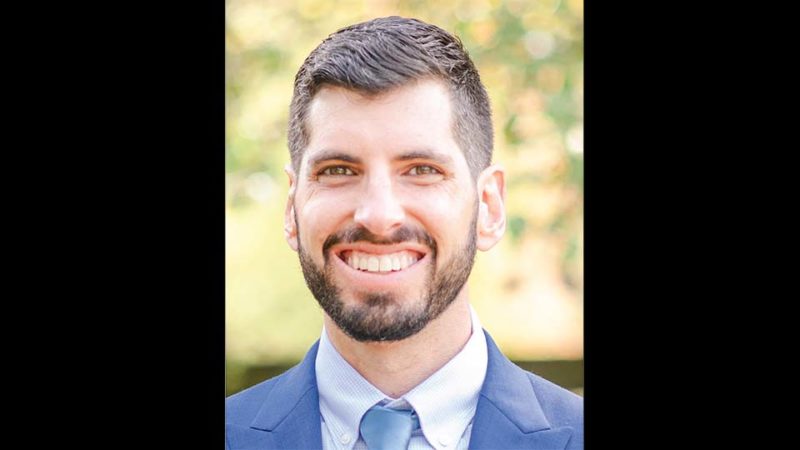The Professionals Cohort (South Carolina)

I am an Associate Professor in the School of Mathematical and Statistical Sciences at Clemson University. As a statistician, my research interests include developing diagnostic testing strategies and infectious disease modeling.
At the onset of the COVID-19 pandemic, I joined an interdisciplinary public health team that was tasked with devising, evaluating, and operationalizing various mitigation strategies to slow the spread of COVID-19 at Clemson University.
I completed my Bachelor’s degree majoring in mathematics, minoring in physics, at Austin Peay State University, Clarksville, TN.
I then earned a master’s degree in mathematics at Western Kentucky University, Bowling Green, Kentucky. I then completed a doctoral degree in statistics at the University of South Carolina, Columbia, SC.
After completing my Ph.D., I joined Clemson University as an assistant professor, and I was recently promoted to the rank of associate. In addition to my teaching responsibilities, I also consult with Biorealm and serve as a Visiting Professor at BINUS University.
My research interests include, but are not limited to, categorical data analysis, group testing, survival data analysis, nonparametric methods, measurement error models, spatio-temporal modeling, statistical computing, Bayesian parametric/nonparametric estimation, high dimensional regression techniques, epidemiology/public health, and biomedical applications.
A few words from those who nominated Chris:
“Dr. McMahan is a statistician at Clemson University where he has used his skillset to help keep our community safe. He helped develop and implement a novel surveillance-based informative testing strategy for SARS-CoV-2 detection. That strategy and the continuous work he has done to improve the models has allowed our University to safely remain open. Dr. McMahan has mentored several graduate students, preparing them to lead the next pandemic, and cares deeply about their growth. He is a voice of reason – calm and collected – never seeking credit – but responsible for so much of our success. Chris has become a close friend and I feel very lucky to have gotten to know him over this past year. He and his wife have brought my family several meals while we were struggling with a cancer diagnosis. He reaches out to us constantly. In short, he continually has stepped up in the continuous crises that all of us have experienced since the beginning of the pandemic. He is a data hero.”

